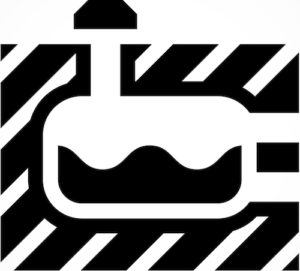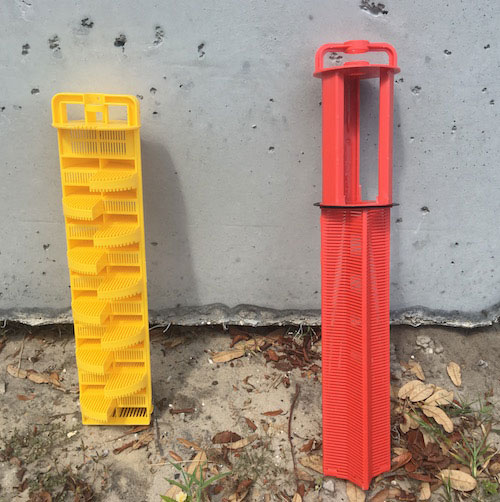Required by the Sate of Florida, effluent filters can extend the life of your septic system and increase the efficiency of the drain field. But, what exactly do effluent filters do for your septic system?

How Effluent Filters Work
Effluent filters are placed in the outlet end of the septic tank and assist in catching the non-degradable materials before they go into your drainfield.
Septic systems are designed to degrade solid waste materials into sludge material that can later be pumped out of the system or broken down by bacteria.
However, some materials (like human hair) cannot be processed and degraded. These materials may find their way into your drainfield, clogging the system and causing it to run less efficiently. If this persists, your drainfield may need to be replaced.
Benefits of Effluent Filters
The filtering of solid materials before reaching your drainfield is one of the main benefits of effluent filters, but not the only one.
In addition, a healthy system can lead to a build-up of a “biomat”, organic material growth on your filter, producing anaerobic bacteria. These bacteria can help break down viruses and pathogens in your effluent, improving the effluent as well as the efficiency of the drainfield.
Florida started requiring effluent filters for new home construction in 1999. Regular cleaning is required, but not a regular replacement. Cleaning the filter is part of the routine maintenance cost of pumping the tank at Advanced Septic Services of Clermont.
Where to Install Effluent Filters
Here in Florida, filters are installed in the septic tank outlet. The screen should be placed in the clear-water zone below the scum line and above the sludge line. This allows the filter the ability to filter solid materials without immediately being clogged with scum or sludge.
While used much less frequently, a few states will sometimes install the filter in a separate housing unit outside the tank which acts as a second settling chamber before the drainfield.

Two types of effluent filters for septic tanks in Clermont FL
Sizing and Type of Septic Filters
The size of you effluent filter needs to match the size of your system. The size is measured in the filters flow area, or the sum area of perforations, openings, in the screen that allows water to pass through.
Larger systems that are used heavily need filters with large flow areas. Sometimes more than one filter is required in order not to clog immediately. Some filters offer alerts that will tell you when it needs to be cleaned. To find out what size filter is necessary, get your system inspected. For starters, here is a list of approved outlet filter devices from the Florida Department of Health.
With hurricane season, extra rain and the added guests of holiday season looming, why not set your septic system up for success? Effluent filters take the extra work and solid sewage waste away from your drainfield before clogging and backups require repairs or replacement. For more information about filters, general septic questions or to schedule an inspection contact us here or call 352.242.6100.

